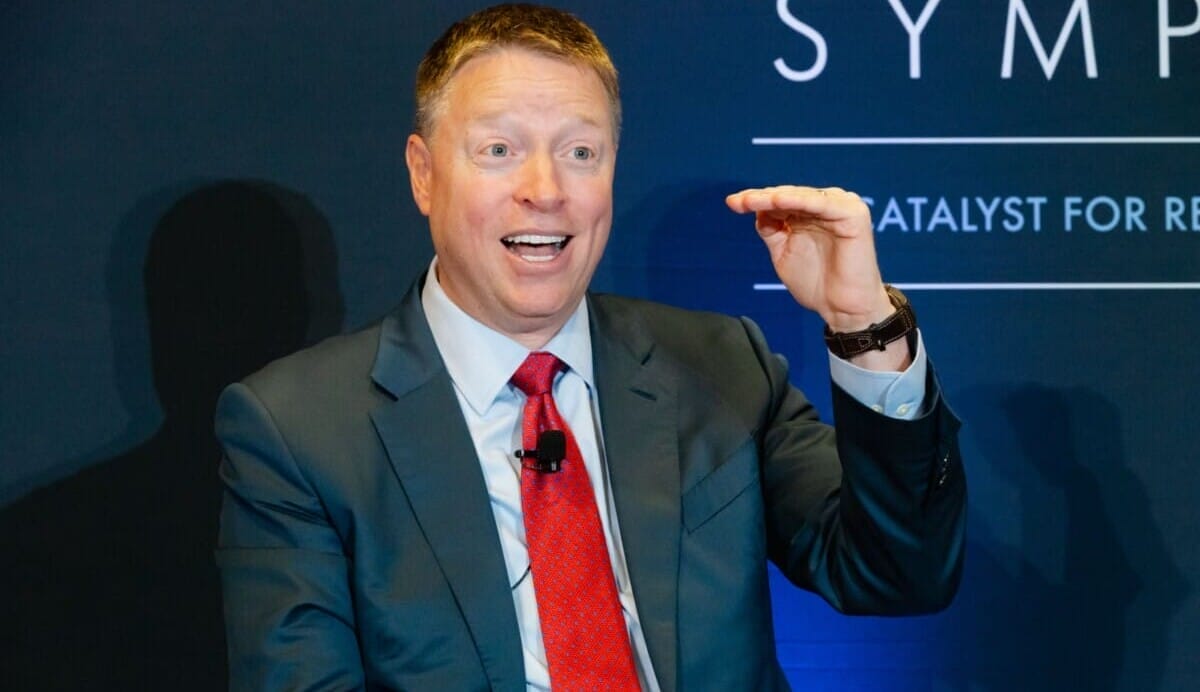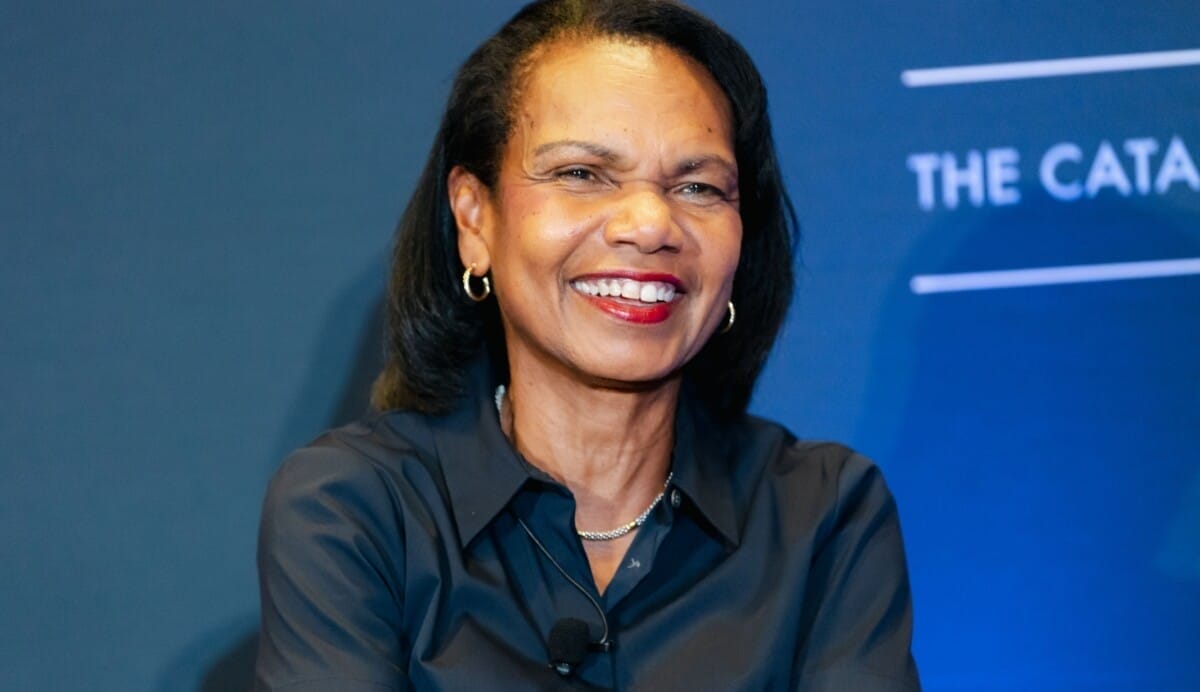Matt Pottinger, the former US deputy national security adviser during the first Trump administration, has warned that China could spark “a very serious crisis” in Taiwan without even resorting to a full-scale war – an escalation he said could occur in the next four years and should “keep President Trump and many more people awake at night”.
The comments came soon after China marked the 80th anniversary of World War II and the Second Sino-Japanese War with a military parade at Tiananmen Square, where President Xi Jinping addressed over 12,000 troops of the People’s Liberation Army in a decisive show of national security force.
Also present at the parade was Xi’s close ally, Russian president Vladimir Putin, who is escalating his war against Ukraine. This worries Taiwan’s defence ministry, whose deputy chief of the general staff for intelligence Hsieh Jih-sheng recently told an international security conference that the defeat of Ukraine could embolden China to seize Taiwan.
But Pottinger said there are many ways for China to make Taiwan’s life harder without initiating a hot war. For example, the Chinese government could issue a notice to the world’s major shipping companies – which are predominantly Asian and European – requesting that access to Taiwanese ports be granted only with its permission.
“That immediately will put the world’s shipping industry on the horns of a dilemma,” Pottinger, who is distinguished visiting fellow at the Hoover Institution, told the Fiduciary Investors Symposium at Stanford University.
“They will either have to salute and basically cede the idea that Taiwan has any sovereignty, even over its own trade, or they risk not being able to do business with China, which will collapse most of the world’s shipping companies.”
China’s focus on Taiwan reflects its strategic significance in the region as well as their complex cultural and historical ties. Claiming Taiwan would be a “strategic coup” as it would allow China to break free from the geographic constraints of its military power – the so-called “first island chain”, Pottinger said.
“Anytime China wants to send its ships, submarines and aircraft, they really have to go through a toll booth and be permitted to do that,” he said.
“So Chinese military doctrine says if we take Taiwan, we can effectively surround Japan, collapse the entire strategic defensive concept for Japan, and cut off Japan’s access to energy and even food.”
The fact that even a “bureaucratic circular” could set off a serious crisis in Taiwan should make the US and the world very concerned, he added.
Meanwhile, having worked with Trump in his first term, Pottinger said the president is “someone who does not actually prioritise national security”. Trump’s focus leans towards tightening immigration policy – which to him, is a form of economic foreign policy rather than a security policy – and expanding his control over other levers of power such as the Federal Reserve and the media.
Adding to potential myopia in the US’ security strategy is the fact that Trump gutted the National Security Council this year.
“As of a month ago, there were only about 36 policy staffers in the White House working on national security. To put that in context, that’s sort of around where it was at the dawn of colour television,” Pottinger said, adding that these functions have been effectively replaced by private sector advisers.
“[These are people like] David Sacks, who is a part-time AI and crypto czar; Jensen Huang, who is not at all a government official, but is the lead adviser – really replaced Elon Musk – to the president on technology and AI, including national security implications of those things,” he said.
“We’re in a weirder space, I would argue, than we were in the first administration where President Trump was surrounded by generals… and they would bring up [national security] things before it was a crisis.”
Looking ahead at the US-China relationship, Pottinger said Trump will be caught between the “hard realities” of trying to impose tough tariffs on China, and realising China is making speedy progress on its decoupling from the US.
“[Xi] may agree to buy some new shipments of soybeans or a few more Boeing jets, but he’s not going to shift his economic model, which is… explicitly making China independent of any inputs from the United States and other industrialised democracies.”
At the end of Trump’s first term, he was under pressure politically because of the havoc that the Covid pandemic wrought on the US economy – a “grievance” he has been nursing since 2020, Pottinger said.
“[If Trump meets with Xi later this year], he’s going to come away with a few soybean sales, and he’s going to start through that cycle of nursing grievances again.”


